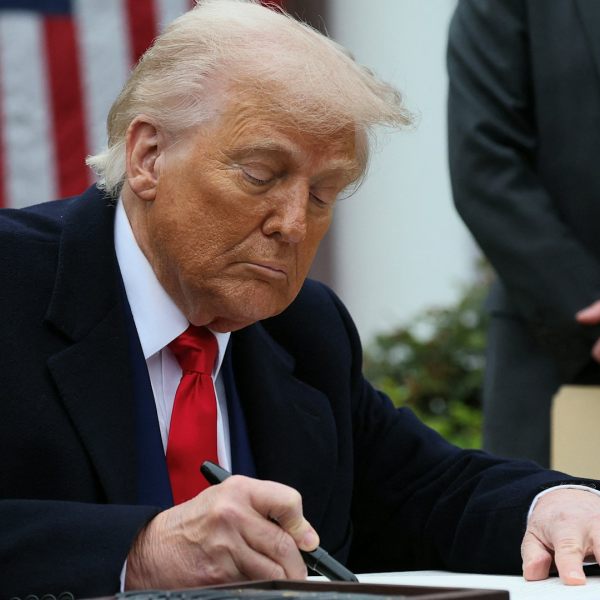French Political Turmoil Intensifies, Rising Government Bond Pressure Sparks Fears of “Italianization”
France may soon see its fourth prime minister step down within a year and a half. Prime Minister François Bayrou will face a vote of confidence on September 8. If he fails to pass, his government will lose on the fiscal tightening plan.
Bayrou's proposal includes cutting about 44 billion euros (approximately $51 billion) in spending to reduce the deficit, but it has encountered opposition from various parties in parliament. If the government collapses, French President Macron will have to appoint a new prime minister again, and the resulting political instability could further impact fiscal reforms.
France's public debt continues to climb, now reaching 3.3 trillion euros. Rating agency S&P has already downgraded France's credit rating this year. Meanwhile, French government bond yields have surpassed those of Greece and are almost on par with Italy.
Unlike Greece and Italy, which were forced to adopt austerity measures due to debt crises in the last century, France's current deadlock mainly stems from a highly divided parliament. Left-wing parties firmly defend the welfare system; centrists and traditional conservatives advocate for increasing military spending without raising taxes; the far right calls for reducing fiscal burdens by restricting immigration and cutting payments to the EU.
Since taking office in 2017, Macron has implemented large-scale tax cuts to attract foreign investment and boost employment. However, the subsequent "Yellow Vest" protests, pandemic-related spending, and energy subsidies have further widened the fiscal gap. Pension reform barely passed amid protests, but social tensions have not eased.
Recently, Bayrou proposed canceling two public holidays—Easter Monday and Victory in Europe Day—to increase output, which sparked strong backlash from the public and was criticized by right-wing leader Bardella as "an attack on French history and tradition."
Analysts are concerned that France is entering an "Italianization" dilemma: high debt, high financing costs, and frequent changes of government are undermining its stable position in the eurozone.
Disclaimer: The content of this article solely reflects the author's opinion and does not represent the platform in any capacity. This article is not intended to serve as a reference for making investment decisions.
You may also like
From Spotlight to the Sidelines: The Bubble Burst of 8 Star VC-Backed Projects
Is it because the model is unsustainable, the ecosystem has yet to launch, the competitors are too strong, or is there simply insufficient market demand?

The Next "Black Swan": "Tariff Refund Mega Deal", Wall Street and Individual Investors Are Placing Bets
Individual investors are participating in this game through emerging prediction markets such as Kalshi and Polymarket.

Since the U.S. legislation in July, stablecoin usage has surged by 70%!
After the "Genius Act" was passed in the United States, stablecoin payment volumes surged, with August transactions exceeding 10 billion USD. Nearly two-thirds of this amount came from inter-company transfers, making it the main driving force.

BlackRock Shifts $500 Million Funds to Polygon Network
In Brief BlackRock transfers $500 million to Polygon, enhancing blockchain integration in finance. The move shows increased trust in blockchain-based financial structures. It indicates a trend towards decentralization and long-term structural change in finance.

